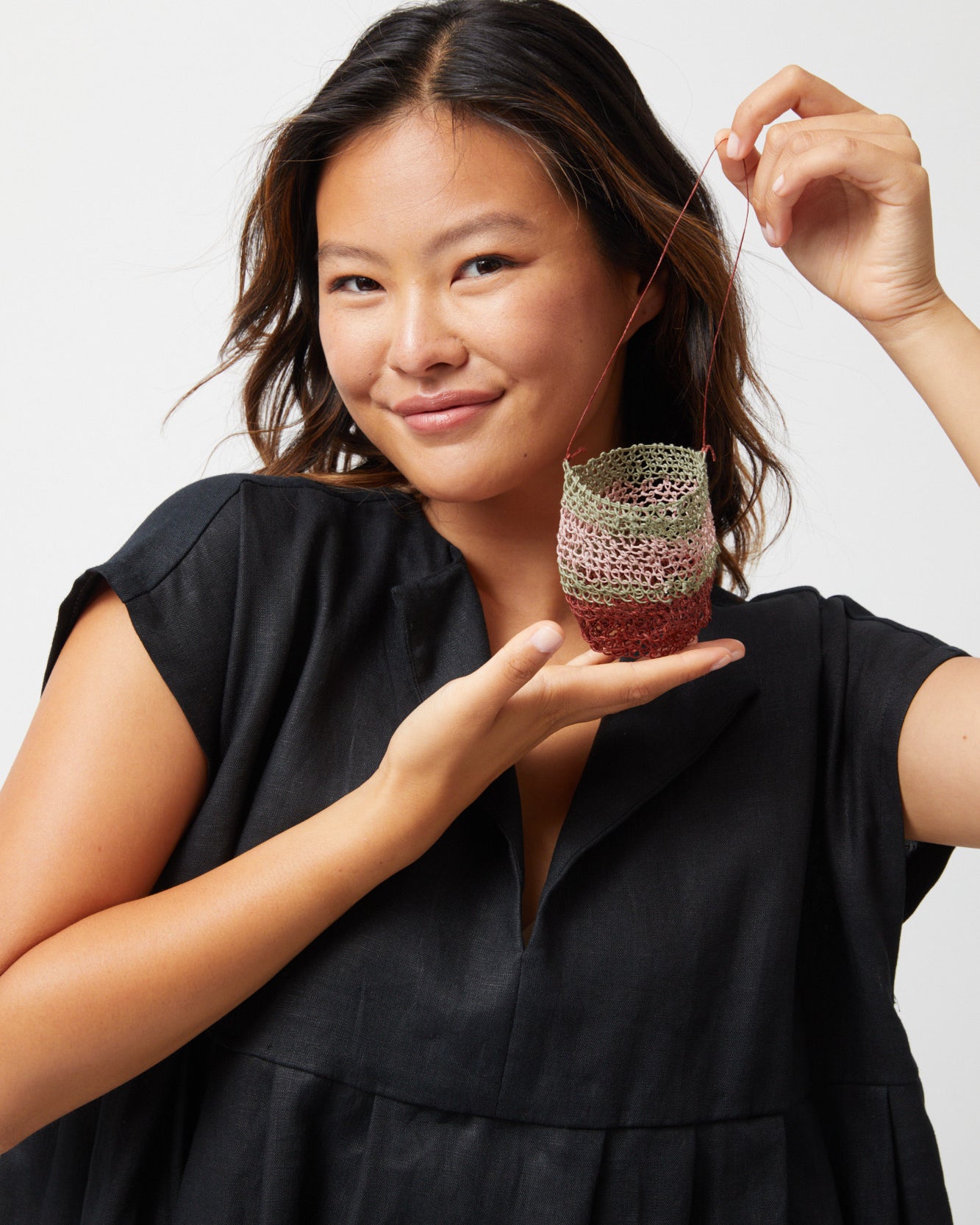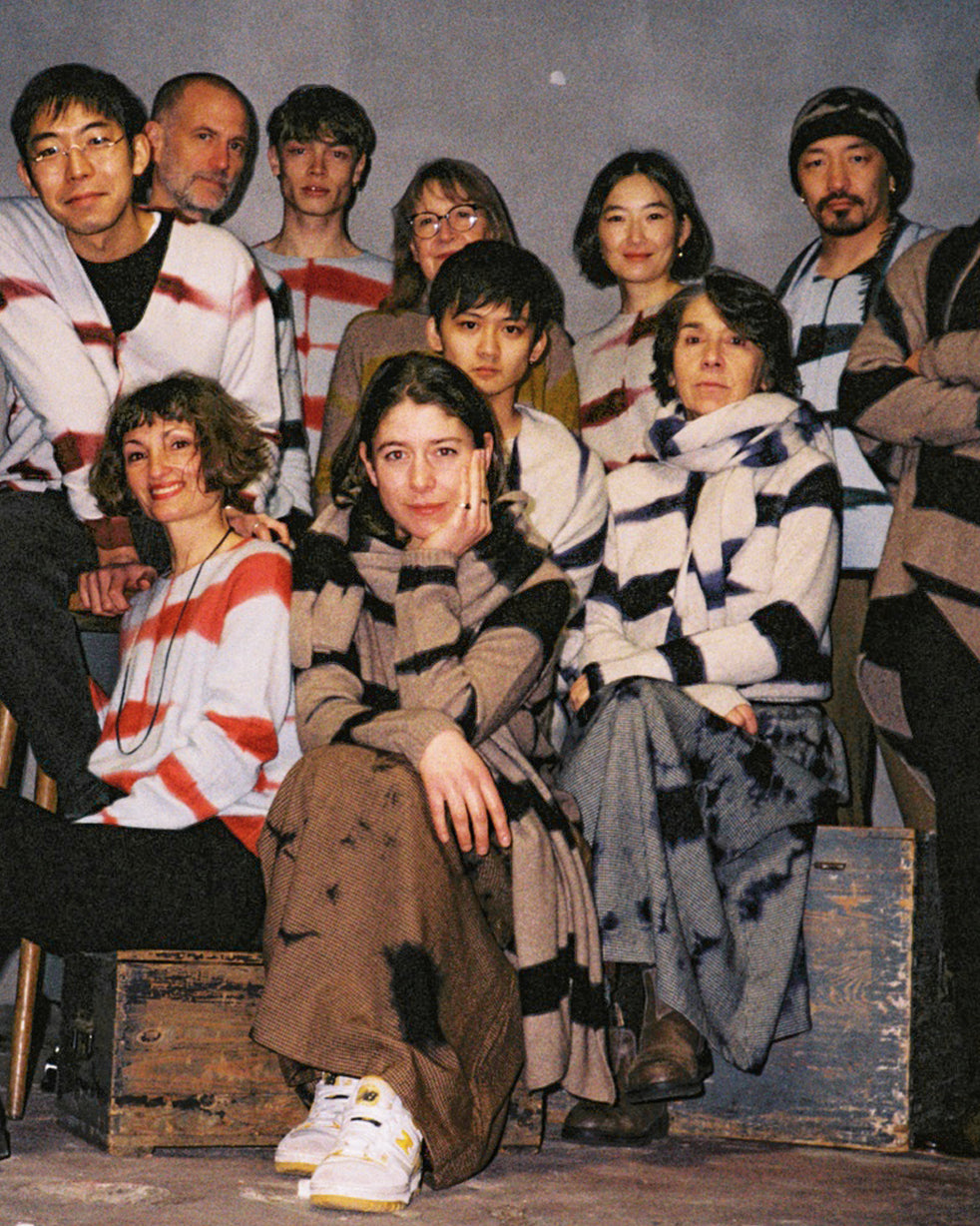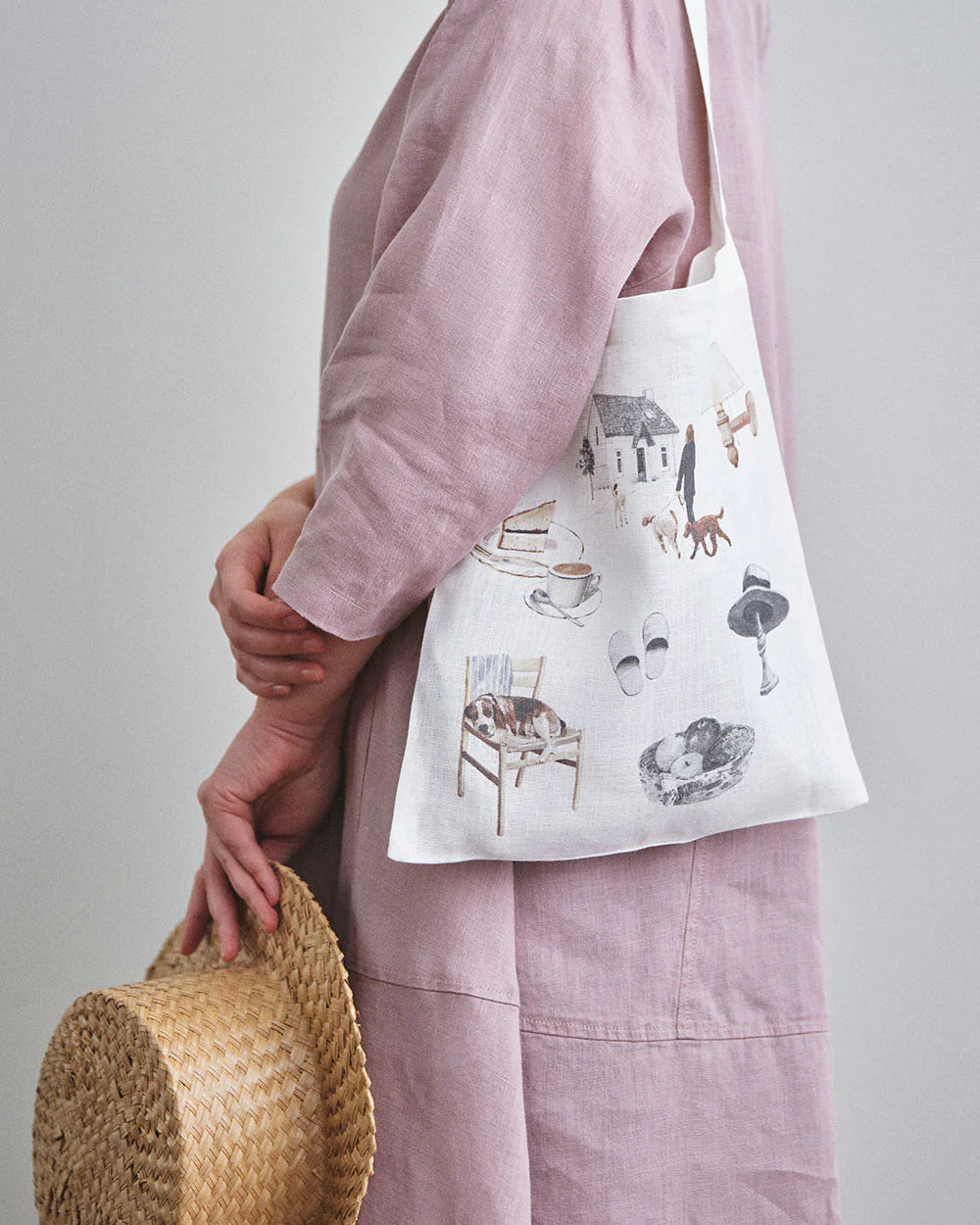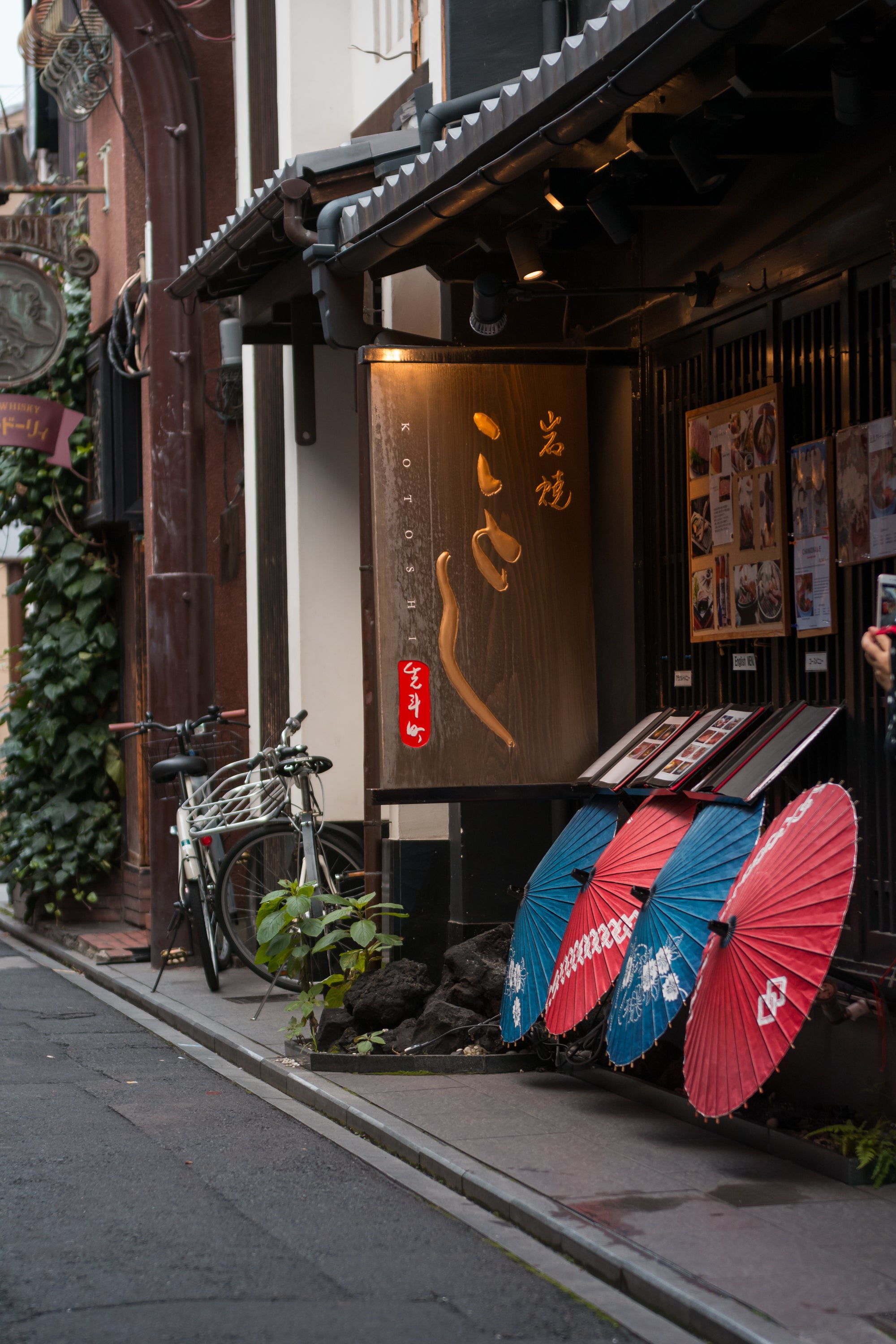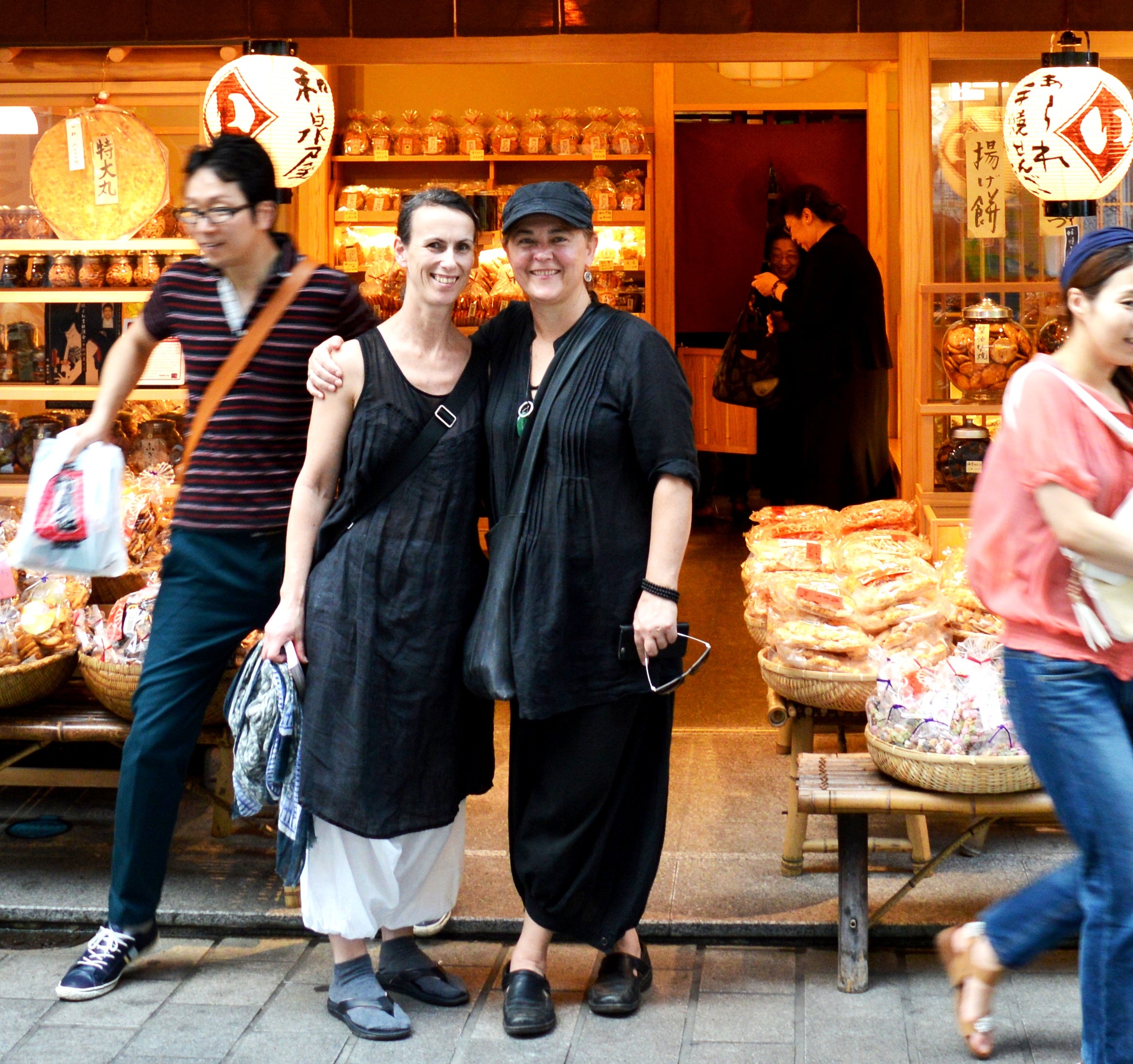MANEKI NEKO
Lucky symbols, lucky numbers, lucky charms and luck-creating rituals – how is it that a disciplined and hard-working country like Japan is so invested in the idea of luck? And what, exactly, does 'good luck' mean?
This insightful book by a leading expert on the subject explores the ways in which luck-encouraging and misfortune-repelling rituals – long woven into the fabric of Japanese life--are used in tandem with diligence and a positive attitude to engender a healthy optimism that helps people survive all of life's many twists, turns and bad patches. It explores how customs and beliefs play a vital role in creating positive personal expectations – not only in Japan, but in all cultures around the world.
Author Nobuo Suzuki acquaints us with beloved Japanese icons of luck, prosperity, and goal-setting and explains what they truly represent – including Maneki Neko (the 'Lucky Cat'), Daruma (the 'Lucky Buddha') and the Seven Lucky Gods of Good Fortune. We even meet some quirky and much beloved modern Japanese symbols of luck like the "Golden Poop" (yes, you read that right!). And we learn how these symbols all foster a sense of community which contributes to the happiness and well-being of all individuals in Japan.
This book explains how 'good luck' in Japan is actually a way of looking at life, rather than of wishing for random chance or divine intervention. Concepts such as Ikigai and Ganbatte are presented as components of good luck, and vice-versa. Practical exercises to encourage positivity demonstrate how the Japanese are able to put good and bad times into perspective – and teach us the art of living happier and more fulfilled lives.
With this book, luck becomes a matter of self-understanding and connection to others rather than something that exists outside of ourselves and other people. It is an integral part of life and learning to shape out a destiny for ourselves that we can view with pride and contentment.
